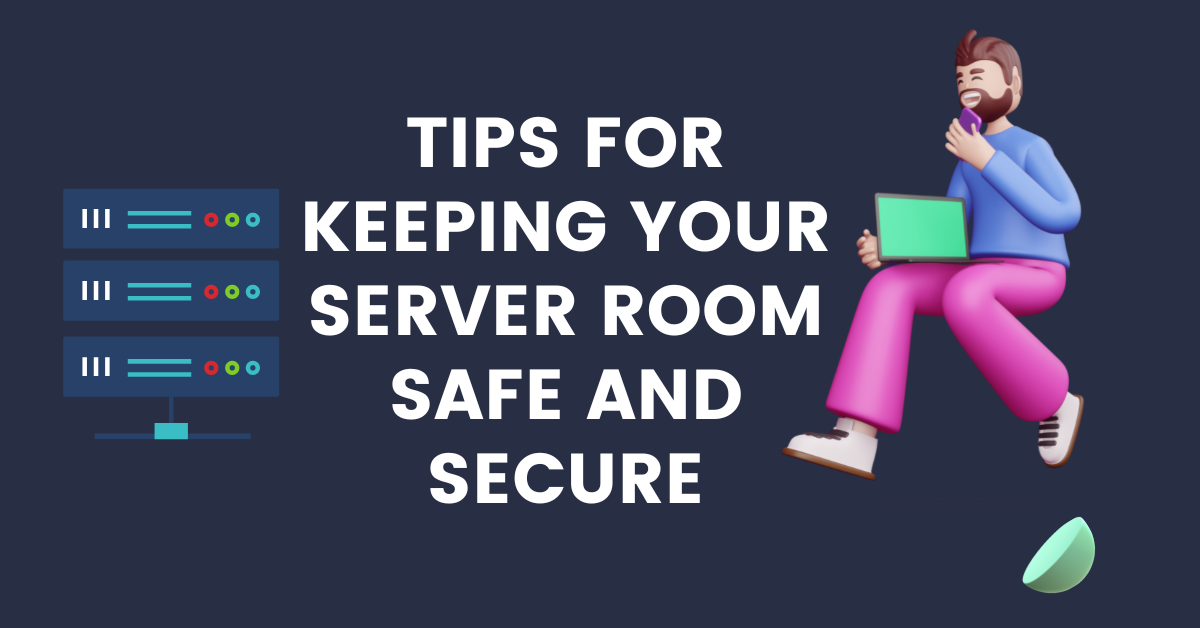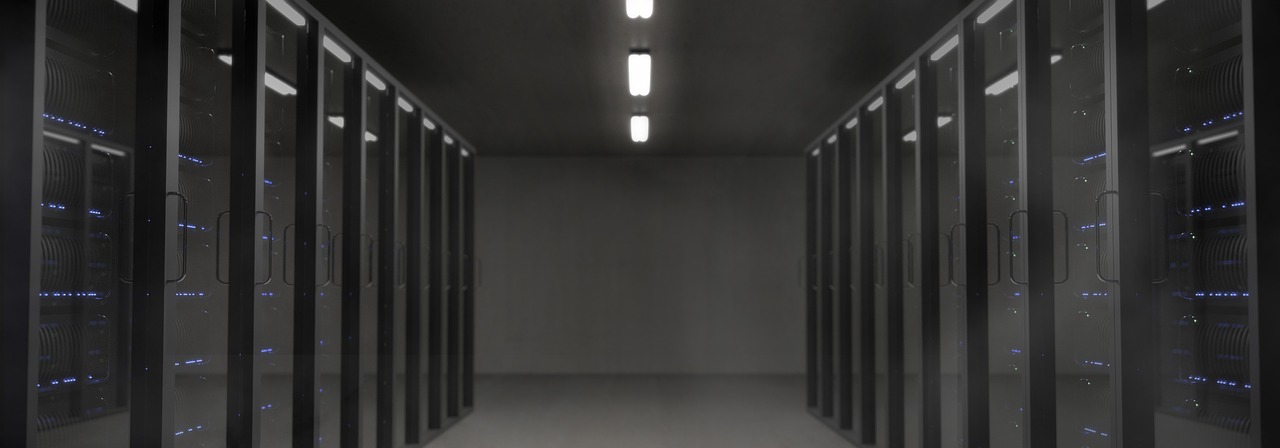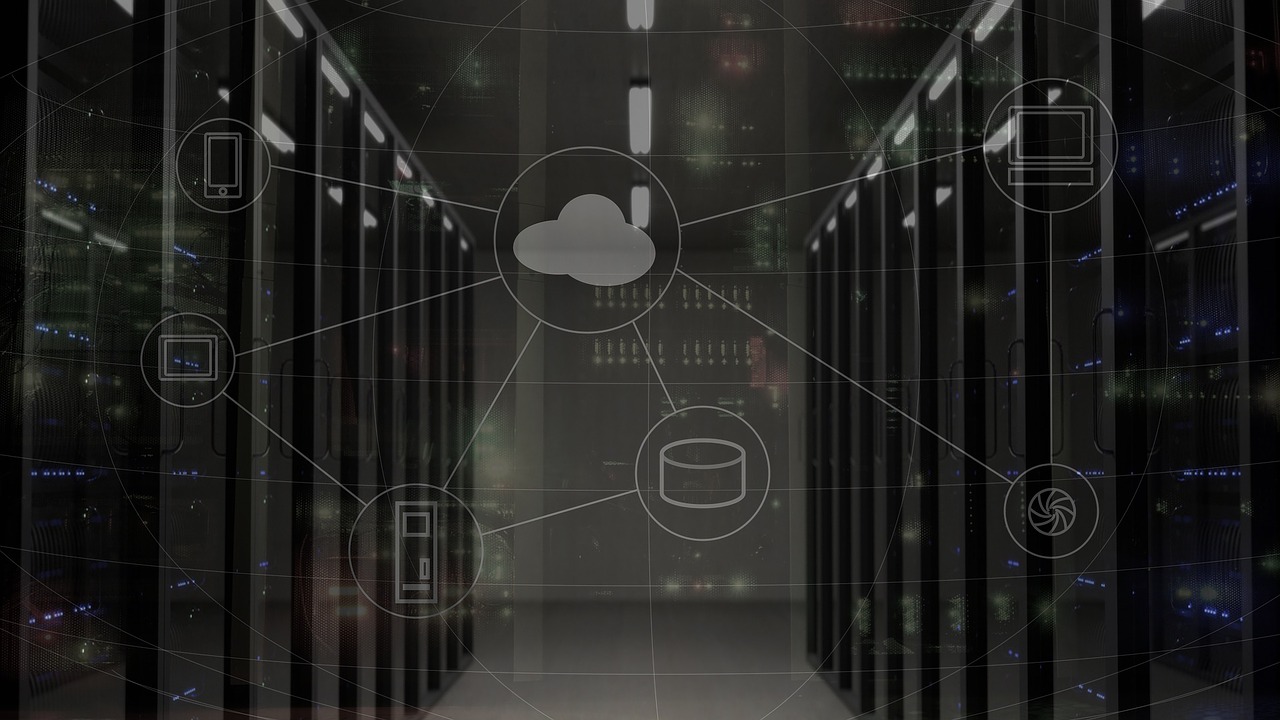Here are tips for keeping your server room safe and secure.
The safety of your server room is important for the security of your business. In most organizations, the server room is the control center for the entire network. If something happens to the server room, it can have a ripple effect throughout the company.
Here are some tips for keeping your server room safe and secure:
Table of Contents
Tips For Keeping Your Server Room Safe And Secure
Install an Access Control System
One of the best ways to keep your server room secure is to install an access control system. This will allow you to restrict access to authorized personnel only. You can also use the system to track who comes and goes from the server room.
Use Physical Security Measures
In addition to an access control system, you should also use physical security measures to protect your server room. This can include things like door locks, security cameras, and alarm systems.
Keep the Room Clean and Organized
A messy server room is a security risk. If the room is cluttered, it will be more difficult to spot suspicious activity. Make sure the room is clean and organized so that you can easily monitor activity.
Be Prepared for Power Outages
Power outages can be a major security risk for server rooms. Make sure you have a backup power supply in place so that you can keep the servers running in the event of an outage.
Review Security Procedures Regularly
It’s important to review your security procedures on a regular basis. This will help you identify any weak points in your security and make changes as needed.
By following these tips, you can help keep your server room safe and secure.
READ ALSO: How Do You Tell If A Clock Is A Camera?
How To Protect Your Computer Servers From Online Threats
As technology advances, so do the threats to your computer servers. While there are many steps you can take to protect your servers from these threats, here are some of the most important:
Keep Your Software Up to Date
One of the best ways to protect your servers is to keep your software up to date. Install security patches as soon as they are released.
This will help to close any security holes that could be exploited by hackers.
Use Firewalls and Anti-Virus Software
Firewalls and anti-virus software can help to protect your servers from online threats. Be sure to configure these tools properly and keep them up to date.
Even when you are on reputable sites, it is important to have your firewalls activated and anti-virus enabled.
READ ALSO: How to Use a VPN to Protect Your Online Privacy
Limit Access to Sensitive Data
Only allow authorized personnel to access sensitive data on your servers. This will help to prevent unauthorized individuals from gaining access to sensitive information.
Most of the data stored in the server will be confidential in nature so it is important to keep this in mind when setting up access controls.
Back Up Your Data Regularly
Backing up your data regularly is one of the best ways to protect it from online threats. If your servers are ever compromised, you will have a backup to restore from.
Make sure you back up your data on a regular basis. This will help to ensure that you can recover your data if your servers are ever hacked.
Review Your Security Procedures Regularly
It’s important to review your security procedures on a regular basis. This will help you identify any weak points in your security and make changes as needed.
By following these tips, you can help to protect your computer servers from online threats.
Control Software Vendors’ Access
You should also be aware of the access that software vendors have to your servers. While most vendors are reputable and pose no threat, some may try to gain access to your servers for malicious purposes.
Be sure only to allow trusted vendors access to your servers.
Educate Your Employees
Make sure your employees are aware of the importance of security. Educate them on the proper procedures for handling sensitive data and protecting your servers from online threats.
By taking these steps, you can help to keep your computer servers safe from online threats.
Use Reputable Hosting Services
When choosing a hosting service for your computer servers, be sure to select a reputable provider. There are many hosting providers to choose from, so be sure to do your research before selecting one.
Be sure to read reviews and check references to be sure you are choosing a reliable and secure provider.
Server Room Security: Your Burning Questions Answered
Your server room is the heart of your organization’s data and operations. Here are the top FAQs to ensure your server room stays safe and secure:
How can I physically secure my server room?
- Restricted Access: Implement access control systems like key cards, keypads, or biometric scanners to restrict entry only to authorized personnel.
- Security Cameras: Install high-definition security cameras with motion detection to monitor activity and deter potential intruders.
- Environmental Controls: Maintain proper temperature, humidity, and fire suppression systems to safeguard equipment from environmental damage.
- Locked Cabinets and Racks: Secure servers and other equipment within locked cabinets or racks to prevent unauthorized access or tampering.
What security measures should I take for data protection?
- Encryption: Encrypt all data at rest and in transit to render it unreadable in case of a breach.
- Strong Passwords and Authentication: Enforce strong password policies and implement multi-factor authentication for all user accounts.
- Regular Backups: Maintain a robust backup and disaster recovery plan to ensure data integrity and minimize downtime in case of emergencies.
- Data Access Controls: Implement access controls to restrict data access based on the principle of least privilege (users only have access to the data they need for their job functions).
How can I protect my server room from cyber threats?
- Firewalls and Intrusion Detection/Prevention Systems (IDS/IPS): Install firewalls to filter incoming and outgoing traffic, and utilize IDS/IPS systems to detect and prevent malicious activity.
- Vulnerability Management: Regularly scan systems for vulnerabilities and patch them promptly to minimize the attack surface.
- Anti-malware Software: Keep all server software up-to-date and implement anti-malware solutions for additional protection.
- Employee Training: Educate employees about cybersecurity best practices, including phishing awareness and password hygiene.
What additional steps can I take to improve server room security?
- Conduct regular security assessments: Proactively identify vulnerabilities through penetration testing and vulnerability assessments.
- Maintain a clean and organized server room: Minimize clutter and maintain proper cable management for better airflow, easier access, and improved security visibility.
- Implement a logging and monitoring system: Track user activity, system events, and security incidents to identify suspicious behavior.
- Have a disaster recovery plan: Be prepared for unforeseen events like power outages or natural disasters with a documented plan for swift recovery.
Who can help me secure my server room?
- IT security professionals: Consult with IT security professionals to conduct security assessments, recommend security solutions, and implement best practices.
- Security consultants: Security consultants can provide specialized expertise in server room security measures and disaster recovery planning.
- Managed service providers (MSPs): Some MSPs offer server room security management services, including monitoring, threat detection, and incident response.
Conclusion
Your server room and servers need ultimate protection because of the confidential information they store. By following these tips, you can help keep your servers safe and secure.
Reviewing your security procedures regularly will help you to identify any weak points in your security and make the necessary changes.
INTERESTED POSTS
- What You Need To Know About Android Application Security
- Guide To Choose The Right Electric Radiators
- 8 Best Cybersecurity Practices for Website Owners
- Is Cybersecurity Essential For Online Casino Websites?
- How to Securely Send Sensitive Information Over the Internet
- Why And How To Implement A Company-Wide Cybersecurity Plan
- How To Set Up The Ideal Gaming Room For E-Sport Competitions
About the Author:
Daniel Segun is the Founder and CEO of SecureBlitz Cybersecurity Media, with a background in Computer Science and Digital Marketing. When not writing, he's probably busy designing graphics or developing websites.







